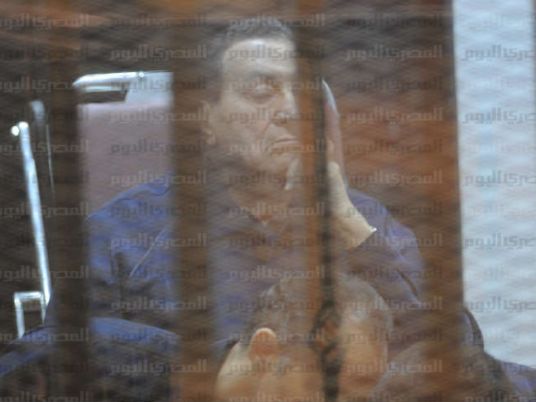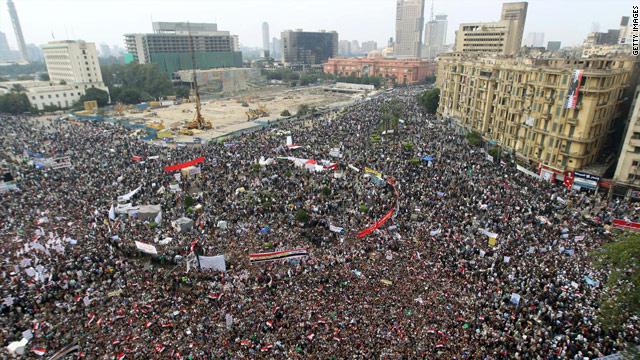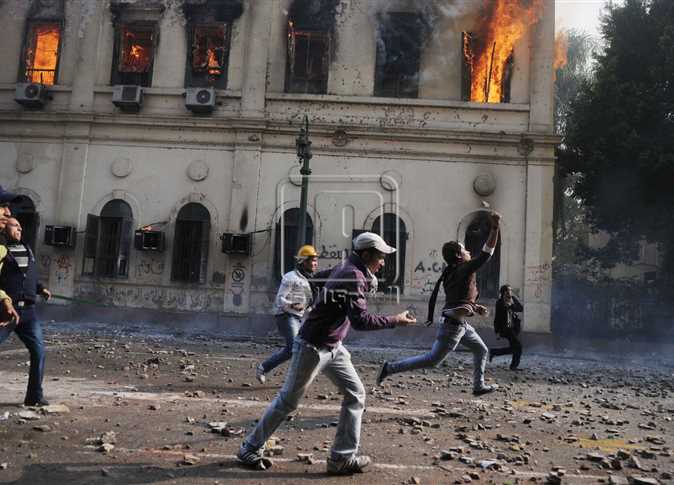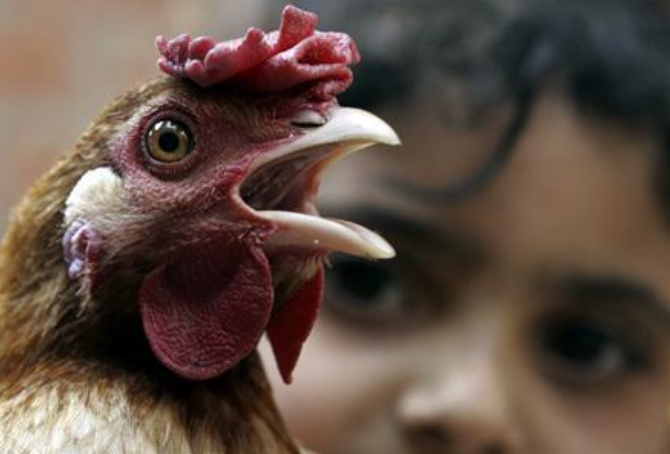Former President Hosni Mubarak, the main defendant charged with killing demonstrators during the January 2011 revolution that toppled his regime said in his first statement before the court that he decided to step down in order to spare the blood of the Egyptian people and preserve the country's security.
He pointed out that he made Egypt regain relations with the Arab states, maintained its position vis-a-vis Africa, its status as a tourist destination and did not accept any foreign interference in Egyptian affairs or any military presence on Egyptian soil.
He added that he allowed an unprecedented space for freedom of opinion and expression, promoted the principle of citizenship and warned against mixing religion with politics, unlike what became of the country in 2012.
He said that he ordered the army to take over so as to maintain security when those who “use religion” infiltrated the peaceful demonstrations, broke into prisons and burned down police stations. “But I did not order the killing of demonstrators,” he added.
He spoke of his performance after he became president following the assassination of President Sadat, his foreign policy and his position regarding the Palestinian cause.
He said that he fought terrorism from the first day he took office and that he beat it just like Egypt will beat it today, adding that he also focused on rebuilding the infrastructure and the economy that was affected by several wars.
“Nobody can forge history,” he said, adding that he and his family bore abuse, defamation and attempts to undermine his achievements.
Meanwhile, former Interior Minister Habib al-Adly concluded his arguments in his retrial over killing protesters during the 2011 revolution on Wednesday.
During the session, Adly said that the January events were well-planned by the Muslim Brotherhood after coordinating with Hamas, bedouins in Sinai and other foreign elements.
"The group made a plan to smuggle prisoners and target state security headquarters on 19 January, however, they could not penetrate the state security archives, which were secured well, Adly said. "They did not get anything important,"
The security decision during the incidents, according to Adly, was correct. He also added that different security agencies cooperated during the events.
Mubarak, his sons Alaa and Gamal, former Interior Minister Habib al-Adly and six of his senior aides are charged with the killing of protesters during the revolution, while Mubarak, his sons and fugitive businessman Hussein Salem are also charged with financial and administrative corruption.
“I will accept any verdict the court issues,” Mubarak said.
Edited translation from Al-Masry Al-Youm





